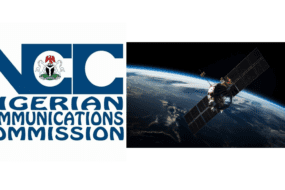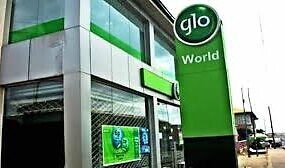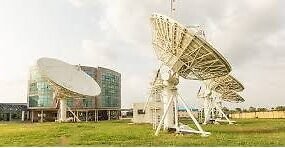Starlink has frozen new subscriptions in Lagos and Abuja after its satellite network hit maximum capacity in both cities. Residents who try to register are now redirected to a waiting list.
On Starlink’s official portal, neighbourhoods such as Victoria Island, Ikoyi, Surulere, Lagos Island, and several Abuja estates now carry a “Sold Out” tag. Prospective customers are asked to pay a deposit to secure a place on the list. For example, a notice for Chevyville Estate in Lekki states: “Starlink service is currently at capacity in your area. However, the good news is you can still place a deposit now to reserve your spot on the waitlist and receive a notification as soon as service becomes available again.”
Why Starlink Froze Access
The pause comes barely three months after the company resumed nationwide sales in June 2025, following an eight-month suspension over bandwidth and tariff disputes with the Nigerian Communications Commission (NCC).
An engineer linked to Starlink explained the move: “It happens when the area cannot take a new customer due to its designed capacity at the time. This also ensures optimal network connectivity for the other users within the same geographical area.” Expanding coverage, he added, would require either new satellite launches or approval to build more ground stations.
Still, Starlink has faced mounting costs since entering Nigeria in 2022. Monthly fees climbed from about ₦38,000 to nearly ₦56,000 in 2025, while equipment costs now range between ₦300,000 and ₦670,000. The company blamed exchange rate swings, compliance demands, and inflation for the hikes.
Rising Costs, Slowing Growth
These changes dented adoption. According to NCC data, active Starlink users dropped from 65,564 in the last quarter of 2024 to 59,509 in the first quarter of 2025—the company’s first recorded decline in Nigeria.
Despite global growth—over 6.2 million users worldwide and more than 900 satellites launched this year—Starlink’s Nigerian speeds lag behind. Data from Ookla shows the country’s average download speed at 49.6 Mbps compared to Botswana’s 106.4 Mbps. Analysts link the gap to overcrowded urban cells, limited satellite coverage, and fewer terrestrial
Competitors are moving quickly. YahClick, working with local providers, now offers plans from ₦25,000 monthly. Tizeti has rolled out solar-powered broadband at ₦5,000 per month in underserved areas. Meanwhile, Eutelsat Konnect markets premium packages costing $18,500 monthly with speeds up to 100 Mbps.
The capacity freeze is not unique to Nigeria. Similar suspensions have been reported in Kenya, Ghana, Zambia, and Zimbabwe, where demand has also outpaced infrastructure. For thousands of households in Lagos and Abuja, the waitlist now decides when they will next gain access to satellite broadband.







3 replies on “Starlink Pauses New Users in Lagos, Abuja”
[…] Starlink has frozen new subscriptions in Lagos and Abuja after its satellite network reached maximum capacity. Users trying to register are placed on a waitlist with deposits required to reserve spots. […]
[…] Starlink, the satellite internet division of SpaceX, has issued a critical update notice to a portion of its users, warning that those who fail to update their equipment before 17 November 2025 will experience service disruption or even the permanent inoperability of their device. […]
[…] service also includes support for Starlink’s next-generation broadband system. SpaceX says the upgraded satellites can deliver speeds up to 20 times faster than […]